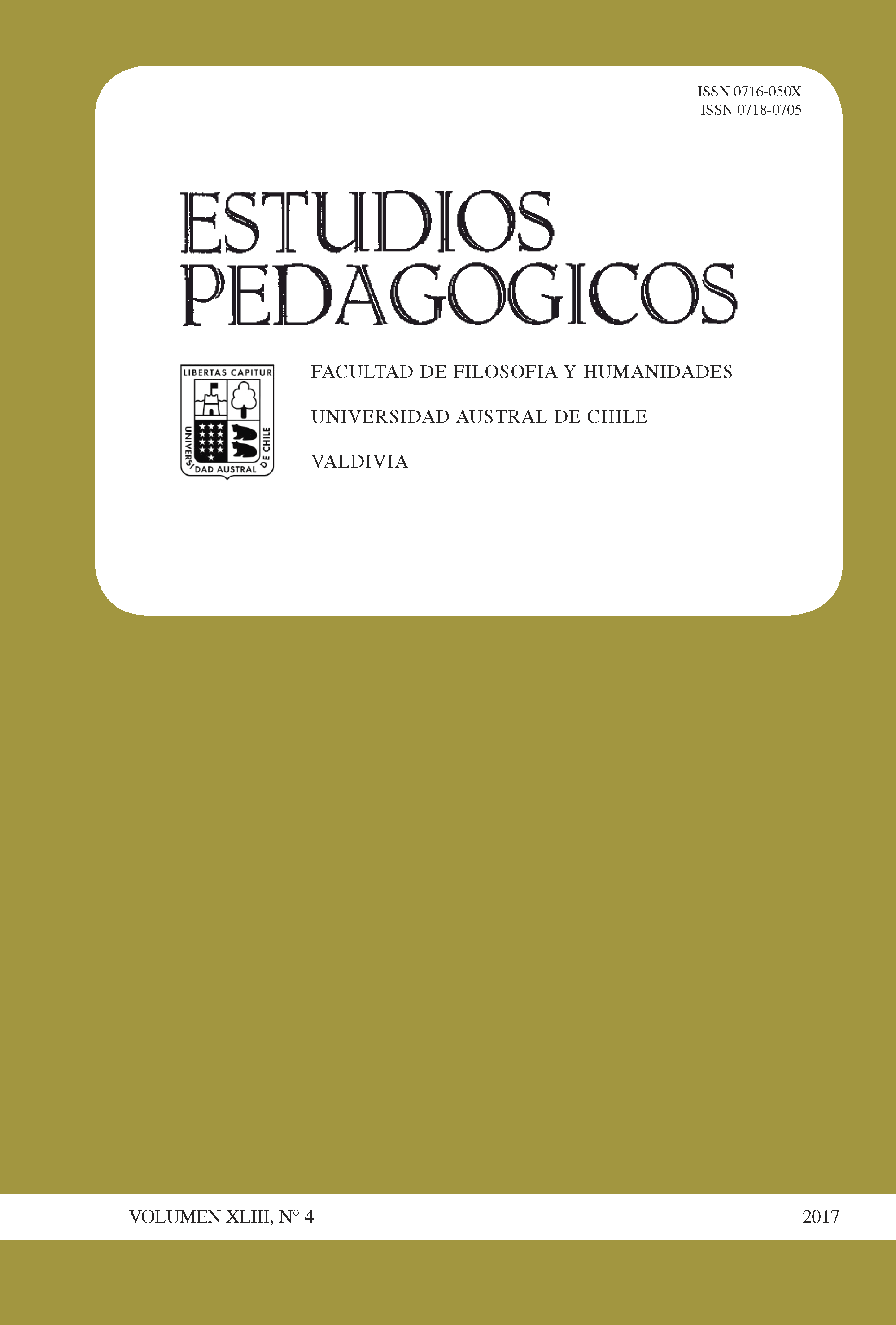Evaluation of educational programmes on Intangible Cultural Heritage
Main Article Content
Abstract
The paper provides a relational analysis of approaches and categories in educational programs related to intangible heritage, in the framework of a study funded by Economy and Competitivity Ministry in Spain and Feder funds (UE) based on the Research EDU2015-65716-C2-2-R and is part of a set of actions promoted by the National Plan for Heritage and Education. Our analysis is conducted within an evaluation process applied on a sample of 202 educational programmes in order to diagnose the state of the question and detect their strengths and weaknesses. The study shows that the educational programmes under scrutiny deal with all educational settings and belong to a broad range of typologies. Additionally, relational tendencies are established between the programmes’ target audience and their typology. On the other hand, shortfalls are detected involving a high percentage of programmes that have no educational design. On the whole, there emerges the need to generate new perspectives for heritage education that ensure its activating function of the processes of identity and society towards its heritage.

